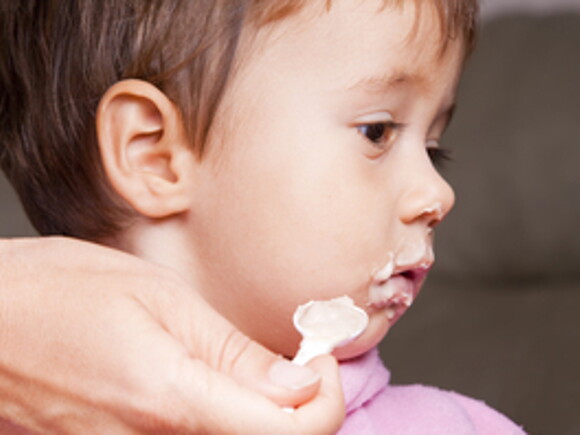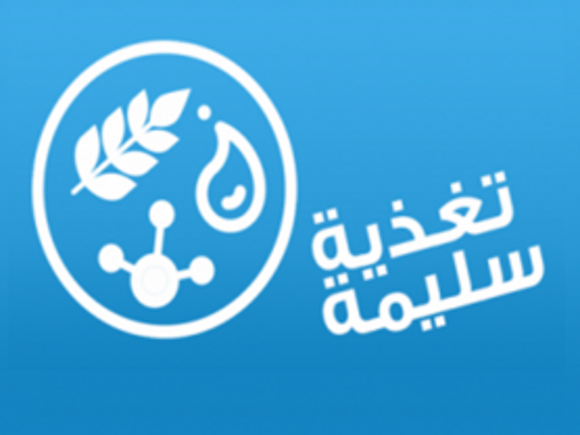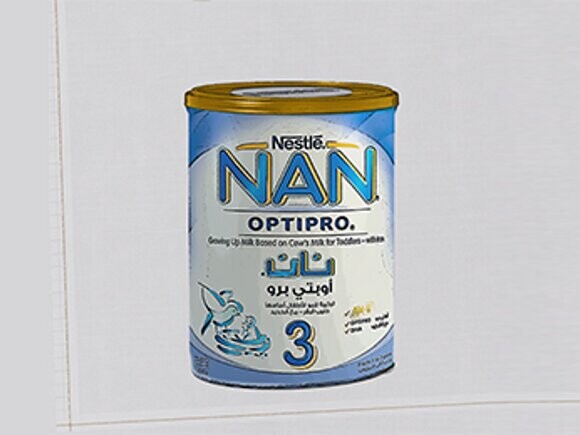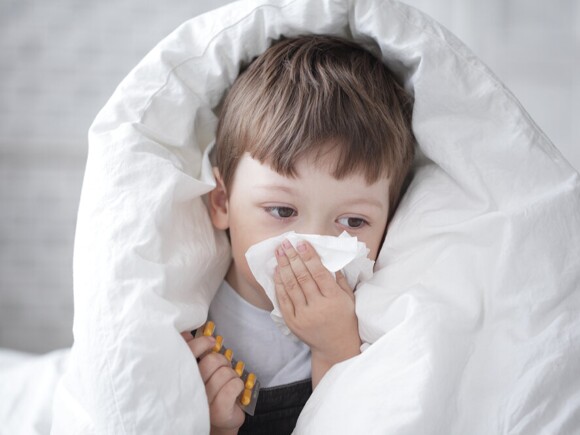What You Need To Know About Your Child’s Immune System
The immune system is made up of a network of cells, proteins, tissues and organs that work together in order to fight environmental effects, as well as viruses and bacteria attacks, and protect the body from illnesses and infections.
Along with the nervous system, the immune system is considered as one of the most complicated functions of the human body. And till it matures and manages to produce its needs of antibodies six months after birth, a baby shall continue to use the huge number of antibodies that were transferred to him through the placenta barrier and have protected him from all types of infections while he was in his mother’s womb.
Until then, the colostrum or the milk that was produced by the mother’s breasts during pregnancy shall play a major and crucial role in strengthening the baby’s immune system and protecting him from diseases and allergies, owing to its components of antibodies, defense elements, enzymes and white cells, in addition to nutrients deemed necessary for his growth and development. These components are the reasons why the World Health Organization recommends and insists on exclusive breastfeeding up to six months old, with continued breastfeeding along with complementary foods up to one year of age or beyond.
And because children’s immunity is fragile and more prone to infections and diseases compared to adults, health professionals relied on vaccination as a method to enhance a baby’s immunity against some illnesses, by injecting him with a small amount of the killed or weakened microorganisms causing these illnesses. And we mean by microorganisms, the viruses or bacteria that incite the immune system to fight them as they were real infections, and push it to produce antibodies that will kill them and improve the child’s capacity to resist them.
Usually, a baby gets Diphtheria, Tetanus, Hepatitis, Polio, Measles, Smallpox and flu vaccines as of the second month after birth, i.e. when the level of antibodies which were transferred to him from his mother, start to decrease. And in general, vaccines are safe and effective for babies, and their side effects are quite limited to skin rash, dizziness, tiredness, temporary headache and loss of appetite. And what was spread about vaccination’s likelihood of causing autism and other dangerous diseases, like in the case of MMR vaccine, remains a wrongful theory as confirmed by a scientific study published in 1998.
Besides the support that a baby can get from breastfeeding and vaccination, a mother should keep her bundle of joy clean and practice healthy habits that will give his immunity a push forward, and we mean by healthy habits:
- Making sure the baby gets his need of sleep, which means 18 hours for newborns and 13 hours for toddlers between 1 and 3 years old.
- Not exposing the baby to cigarette smoke which may cause him breathing problems and increase his odds of getting ear infection, asthma and bronchitis.
- Helping the baby get used to regular exercises and physical activities.
Once the baby reaches the weaning age and enters the world of solid food, the mother shall start to add healthy nutrition to his enlistment of good habits. Among the best foods to improve immunity, we advise you to go by the followings:
Yogurt:
Yogurt contains living cultures that improve the function of both digestive and immune systems and help the child’s body fight infections he may be exposed to, like flu, ear infection and throat infection.
Fruits and vegetables:
Fruits and vegetables are an excellent nutrition for baby’s immunity, thanks to their essential components, especially the ones rich in Vitamin C known for its capacity to fight flu and cold.
Nuts:
Nuts are good sources of Omega 3 which plays a major role in fighting respiratory infections in babies.
Meat:
Without any doubt, meat is a very important nutrition for a child’s immunity, owing to its components of protein and Zinc, as the first one provides the body with energy and the second one enhances the resistance capacity of white cells.
Despite all these measures and precautions, diseases and infections may find their way to your child’s body. So don’t worry, that’s all part of the normal process and shall contribute in a way or another to strengthen his immune system that is still under development. It’s a good thing that you protect your child and take good care of him, but we don’t advise you to be overprotective as by doing so you would be depriving him from acquiring the necessary immunity.
Read More: Is Co-Sleeping Safe For Your Baby?
Get full access to expert-backed nutrition support
My feed
Curated content based on your preferences
Feeding guidance
Learn about various feeding options and what each means for you and your baby
Tailored Practical Tools
Try our tailored practical tools to guide you through the parenting journey.
My First 1000 Days club
Customised notifications, reminders and newsletters
Still haven't found what you are looking for?
Try our new smart question engine. We'll always have something for you.





















